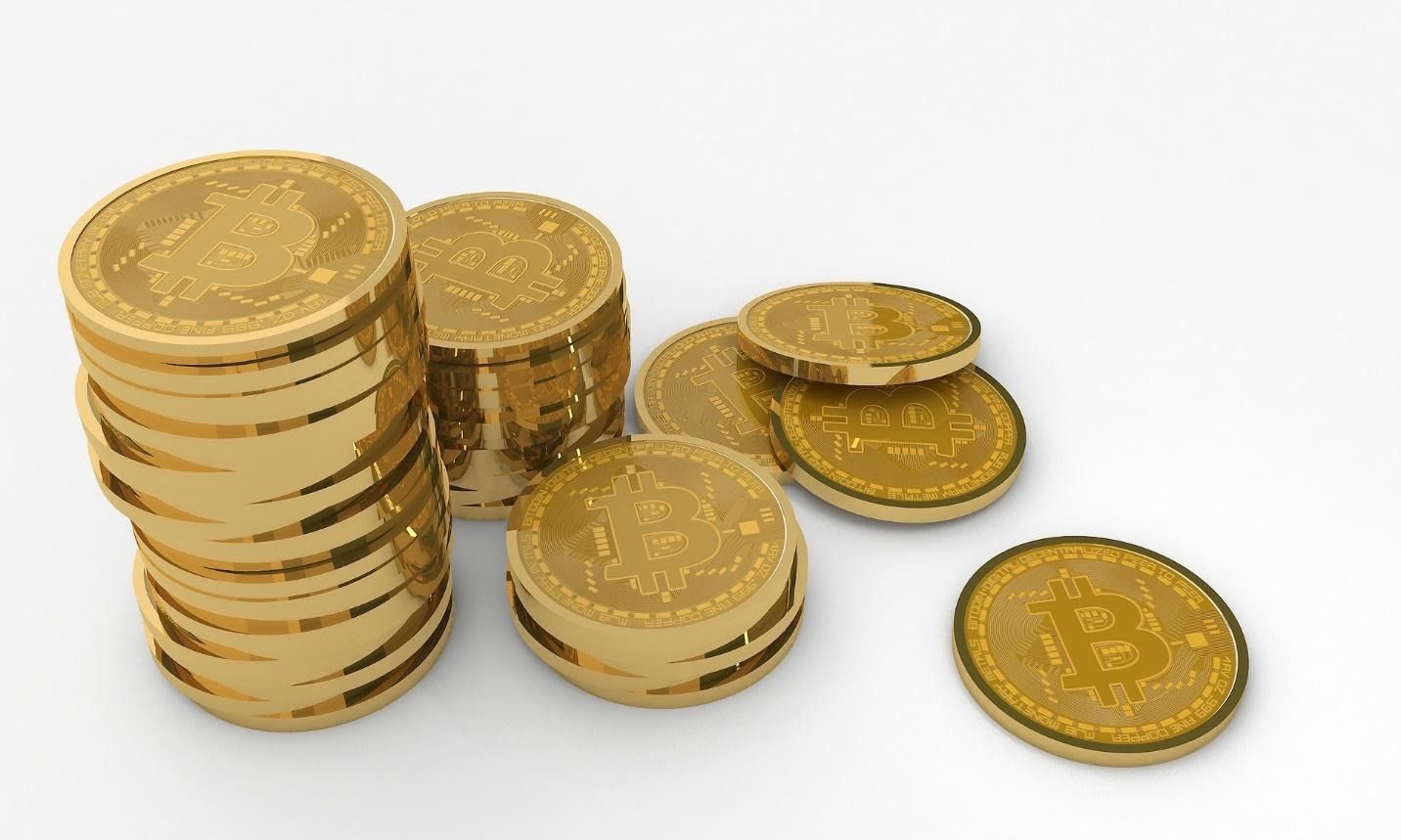PayPal recently offered customers outside the US a chance to buy and sell cryptocurrency, including Bitcoin, Bitcoin Cash, Litecoin, Ethereum, and Bitcoin.
This move puts PayPal in the same Fintech space as Coinbase (biggest crypto exchange), Revolut (global financial app), and other digital currency supporters.
Robinhood, a stock trading app, also jumped on the crypto bandwagon, and one more country also boldly followed suit. Not to forget, El Salvador officially adopted crypto as a legal tender in September.
Does this mean you should also take the bold step of jumping into the crypto craze? As it stands, taking cautious steps is the right way to go. After all, cryptocurrency is highly “speculative and suspicious”, according to European Central Bank President.
The cryptocurrency market is vast
The $2 trillion crypto market is vast and rapidly growing and for a good reason. The cost of trading digital assets is significantly low compared to other transactions.
Cryptocurrencies attract many people thanks to the proliferation of crypto exchanges — and because many have limited access to a traditional bank account(s). Since digital currencies are decentralized, the risk of fraud is reduced. For example, Bitcoin transactions are coded in a ledger, so transactions are transparent.
That said, developed countries are yet to adopt cryptocurrencies as a national currency. In reality, the crypto adoption rate in these countries falls below 1%. But the same can’t be said of countries in South America, Asia, and (parts of) Africa.
Cryptocurrency offers zero consumer protection
Although the crypto market is vast, it’s highly volatile and unregulated — never mind transactions can take an inordinate amount of time to process (unless you’re verified).
But the absence of regulations makes adopting crypto even riskier. If, for instance, your Bitcoin wallet is hacked, the chances of recovering your crypto coins are so slim. Also, keeping track of large numbers of crypto hackers (over 4,000 and counting) is hectic.
Additionally, cryptocurrencies lack a central authority (in the form of a central bank) to monitor and provide support — making it an attractive haven for criminal activities, including money-laundering, funding terrorism activities, and online fraud.
The obvious absence of a regulatory body attracts shadowy players to use digital currencies to circumvent the traditional financial systems. Besides offering zero consumer protection, crypto mining harms the environment — consuming high levels of energy or fossil fuels.
In a nutshell, crypto isn’t a practical option to adopt for now. So, there’s no urgent need to follow in the footsteps of PayPal — because too many real-life downsides exist.
Yes, there’s a lot of good in cryptocurrency. People are making a lot of money. It’s revolutionizing Fintech. However, should you embrace it, make sure you do your research first. Don’t just hop in blindly.












